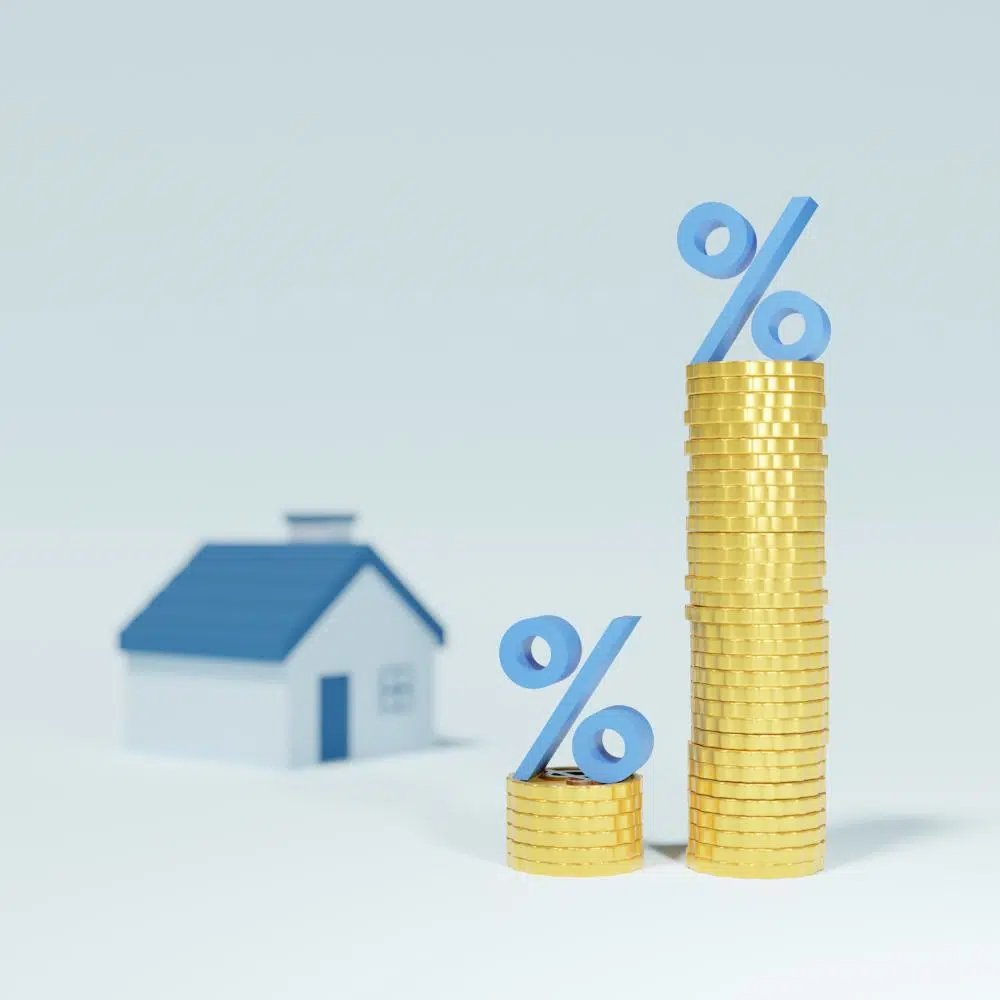
The recent decision by the Bank of England to raise interest rates has left many in the UK wondering whether this will have a negative impact on the housing market. In a bid to tame inflation, the Bank’s Monetary Policy Committee (MPC) has implemented an increase in the base rate, prompting mixed reactions from industry experts and homeowners alike. In this article, we will examine the potential consequences of this rate hike and explore whether it could lead to a housing market crash in the UK.
The Interest rate hike: Background and reasons
The MPC’s decision to raise interest rates comes in response to mounting concerns over inflation, which has been persistently exceeding its target rate of 2%. The ongoing economic recovery, fuelled by government stimulus and pent-up consumer demand, has led to price increases across a range of goods and services. Global supply chain disruptions and a lack of labour in important sectors have further exacerbated this inflationary pressure.
In raising the base rate, the Bank of England aims to curb inflation by increasing borrowing costs and encouraging saving, thus reducing the amount of money in circulation. However, this move also has direct implications for the housing market, as higher interest rates typically lead to higher mortgage costs for homeowners.
The impact on the housing market
While it is too early to predict the long-term effects of the interest rate increase, several potential outcomes can be considered:
Affordability and demand: Higher mortgage rates may make it more difficult for potential buyers to afford properties, leading to a drop in demand. However, it is important to consider that the UK housing market has been facing a shortage of supply for years, which has driven up prices. This imbalance between supply and demand may help to cushion the impact of higher interest rates.
Existing homeowners: Homeowners with variable-rate mortgages will see their monthly mortgage payments increase as a result of the rate hike. This may put pressure on household budgets and reduce disposable income, potentially leading to a reduction in consumer spending and an overall economic slowdown.
Investor sentiment: The interest rate increase could lead to a shift in investor sentiment, with some investors moving their money out of property and into other assets that offer better returns. This could result in a decline in house prices, especially in areas where there is a high concentration of investment properties.
Will there be a housing market crash?
While the interest rate rise has the potential to dampen demand and slow down the housing market, it is unlikely to trigger a full-blown crash. The fundamentals of the UK housing market, such as the chronic shortage of supply and the continued demand for property, are likely to provide a buffer against any significant declines in house prices.
Moreover, the Bank of England’s move to increase interest rates is a gradual and measured approach, providing households and businesses with time to adjust to the changing financial landscape. This gradual tightening of monetary policy is aimed at preventing a sharp and sudden drop in the housing market.
In summary, while the latest interest rate rise may have some short-term consequences for the UK housing market, it is unlikely to result in a catastrophic crash. The underlying fundamentals of the market, along with the measured approach taken by the Bank of England, should help to minimise any potential negative impacts. Homeowners and prospective buyers should keep a close eye on market developments and adjust their financial plans accordingly, but there is no need to panic just yet.
